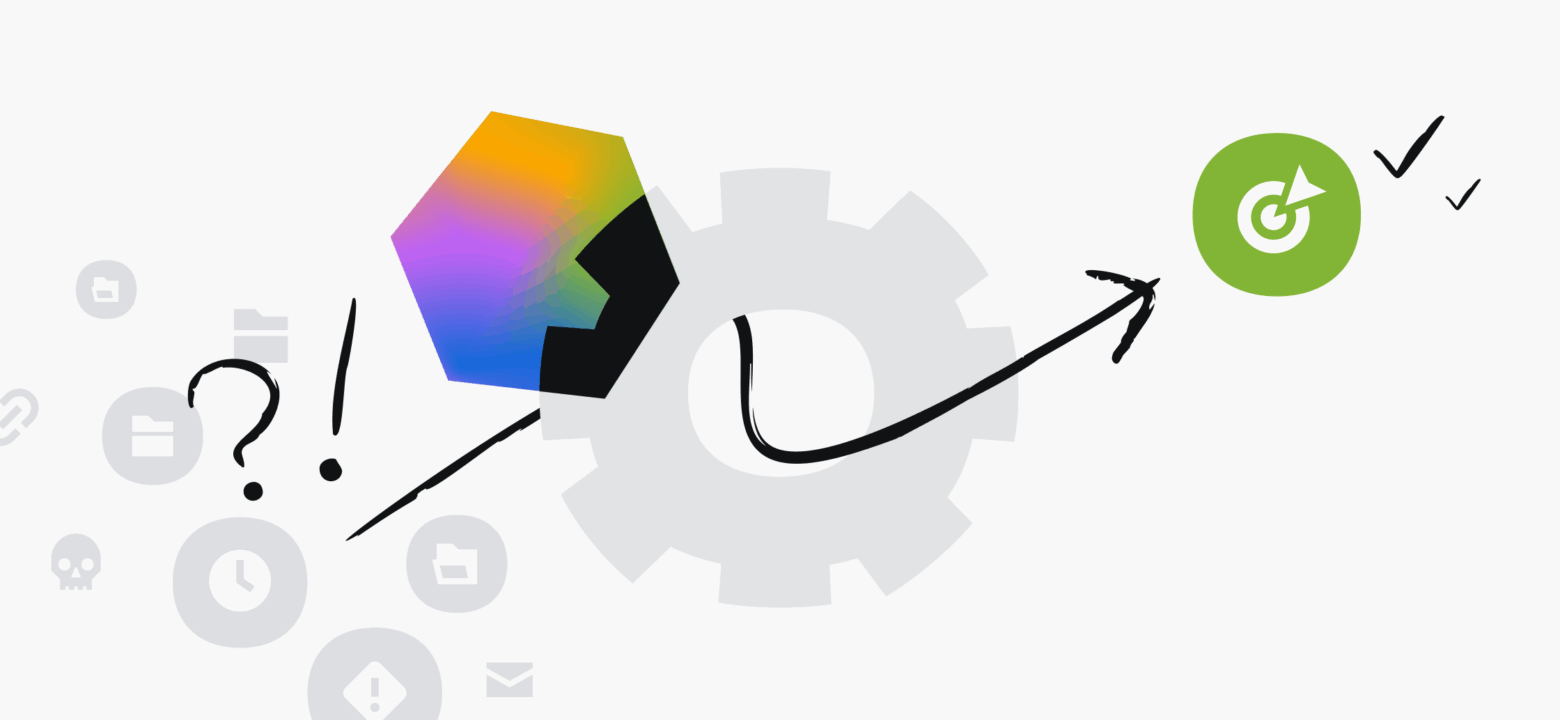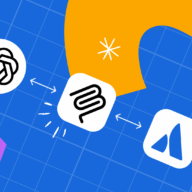Articles About
AI
Powering Enterprise-scale AI As Atlassian’s AI capabilities continue to scale rapidly across multiple products, a pressing challenge emerged: how do...
The AI-native workforce is about to change everything.
When Ravi Mehta talks about AI, he doesn’t start with tools. He starts with strategy. A longtime product executive at...
Redefining Automated Research with Adaptive Intelligence
The learnings in this blog post are based on the session, “How Atlassian Williams Racing accelerates teamwork with the System...
Bring your Atlassian context to ChatGPT with our new connector




